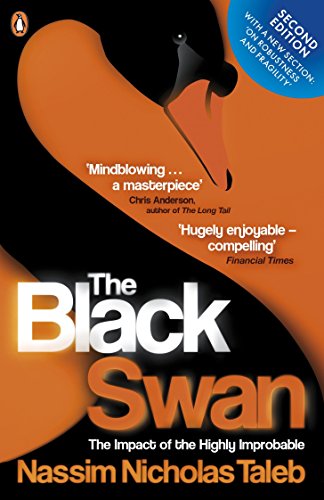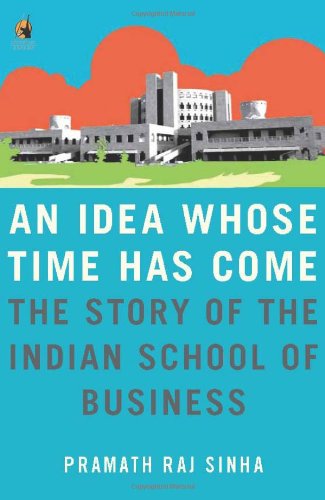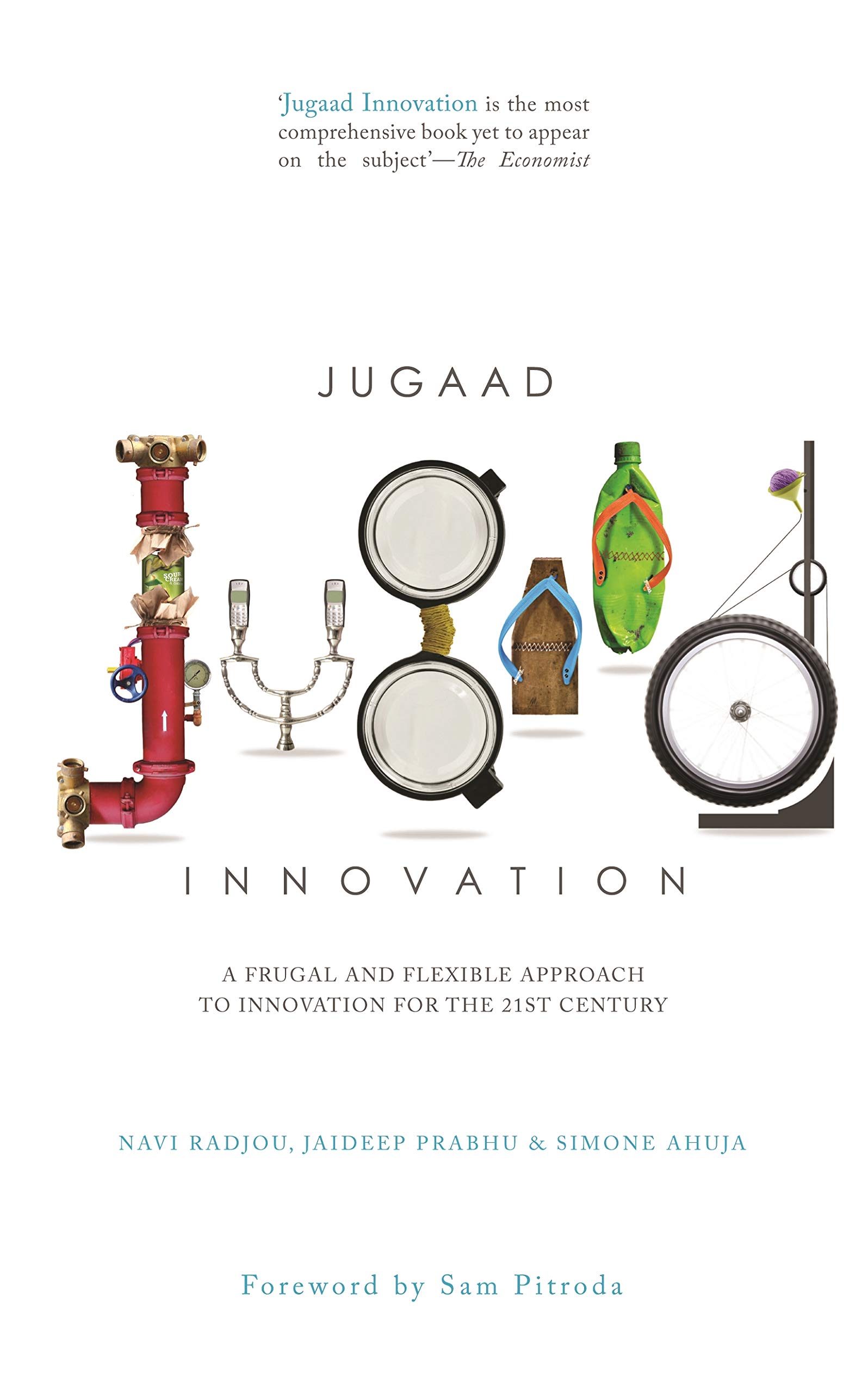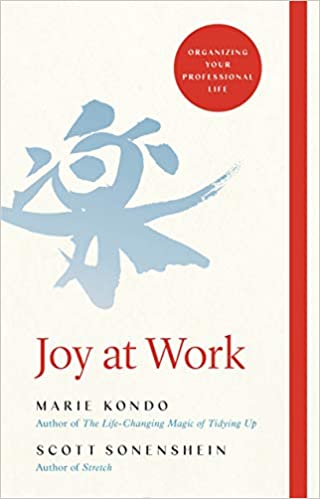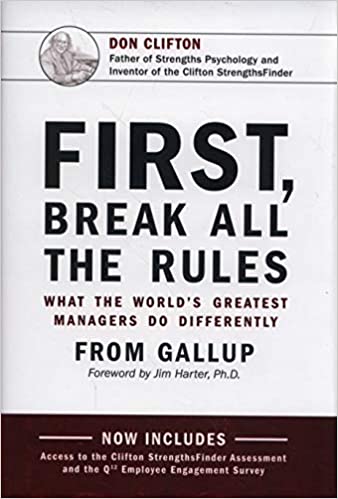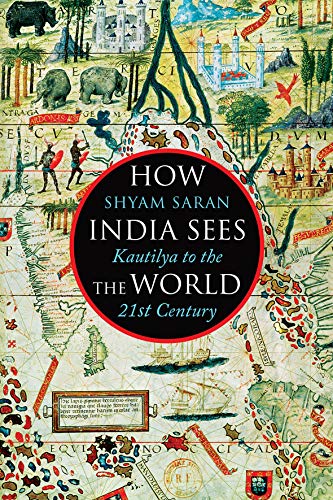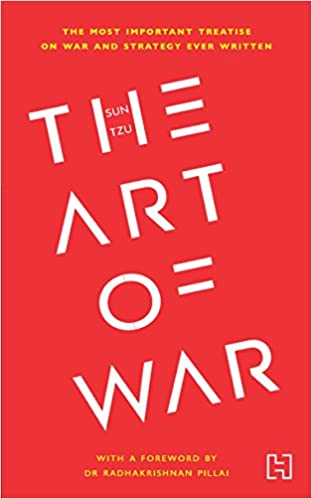The Wealth of Nations (Deluxe Hardbound Edition)
- Publisher : Fingerprint Publishing/ Prakash Books
- Publishing year : August 2023
- Binding : Paperback
- ISBN : 9789358561623
- Age Group : Adult
- Language : English
The Wealth of Nations by Adam Smith is a seminal work in economics that revolutionized our understanding of the mar ...
The Wealth of Nations by Adam Smith is a seminal work in economics that revolutionized our understanding of the market system and laid the foundation for modern capitalism. Smith explores the principles of division of labor, free markets, and the invisible hand, shaping economic thought for centuries to come.
- Discover the groundbreaking work that shaped modern economics.
- Explore Adam Smith's profound insights on the market system.
- Learn about the principles of division of labor and specialization.
- Gain a deep understanding of the concept of the invisible hand.
- Explore the impact of "The Wealth of Nations" on economic thought.
Adam Smith was born on the 5th June 1723 in the town of Kirkaldy, Scotland. He received the rudiments of education at the grammar-school of Kirkaldy and later studied social philosophy at the University of Glasgow and at Balliol College, Oxford. From a young age he had a passion for books and extraordinary powers of memory. In 1748, he took up his residence in the capital of Scotland, when he first entered into public life, by delivering lectures, under the patronage of Lord Kames, on rhetoric and the belles letters, which he continued for two years. In 1751, he was chosen professor of logic in the University of Glasgow.
A pioneer of political economy, he published his magnum opus, An Inquiry into the Nature and Causes of the Wealth of Nations, generally referred to by its shortened title The Wealth of Nations, in 1776. A fundamental work in classical economics, the book offers one of the world's first collected descriptions of what builds nations' wealth. The book also touches upon broad topics such as the division of labour, productivity and free markets, while reflecting upon the economics at the beginning of the Industrial Revolution.


